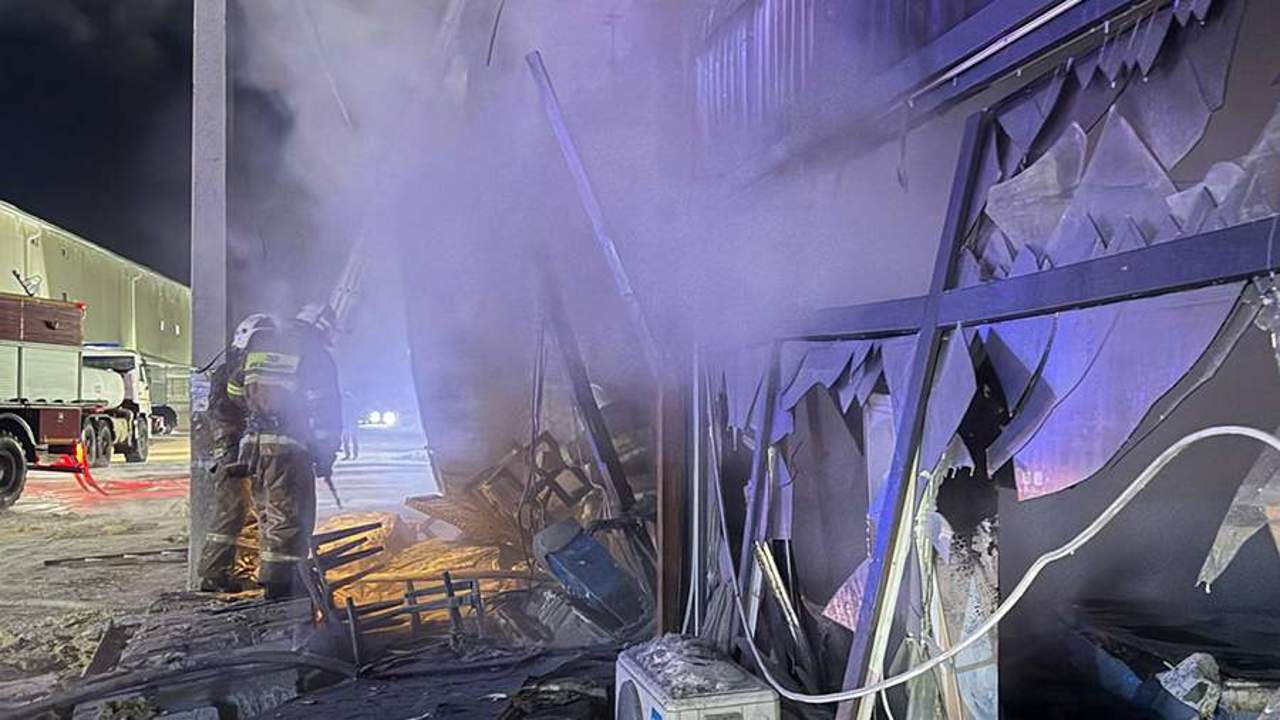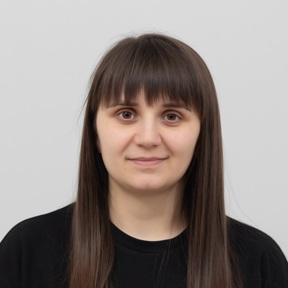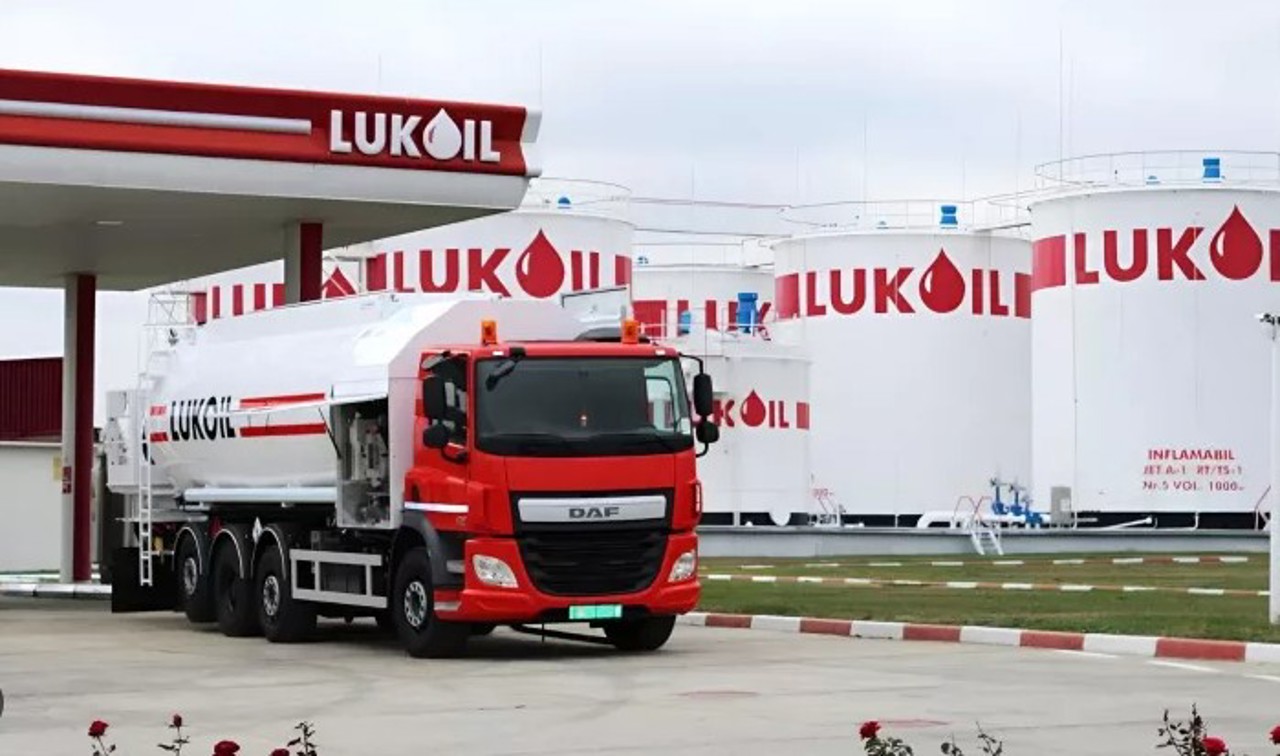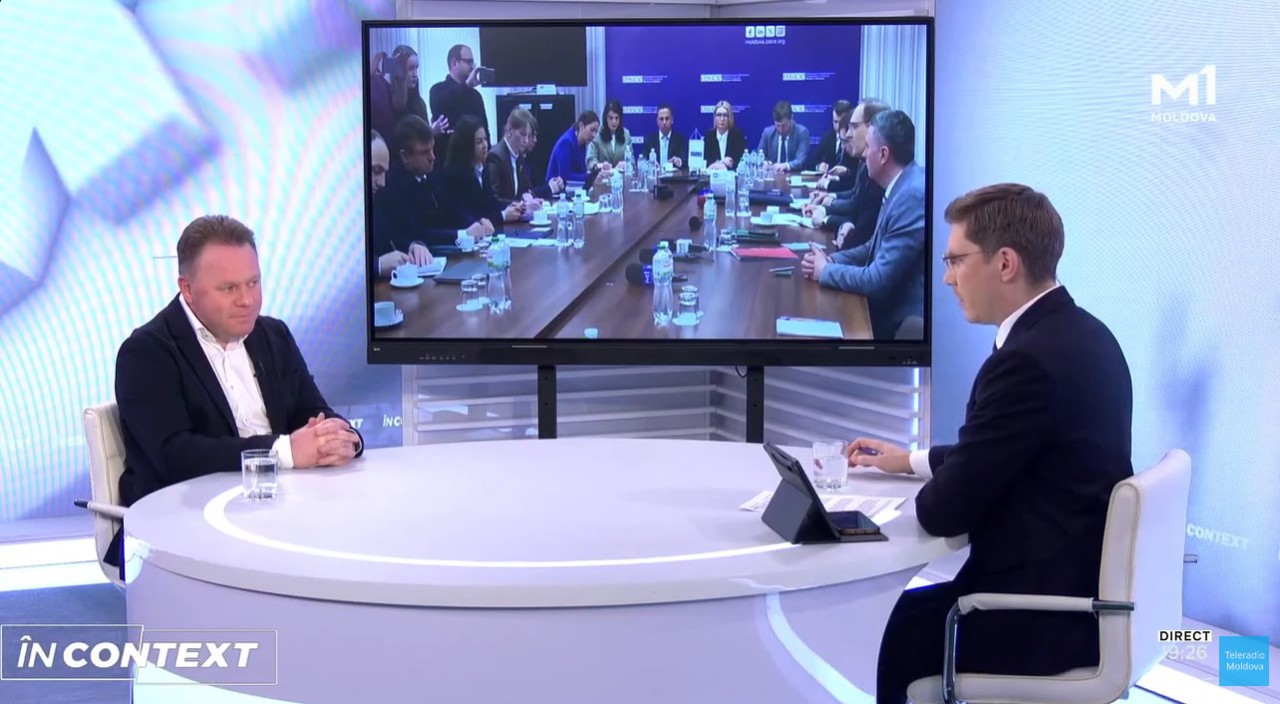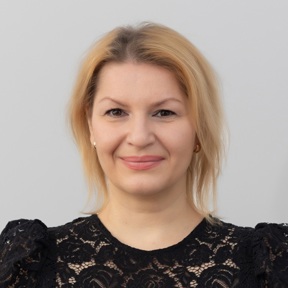Europe in turmoil: Ukraine war and far-right politics reshape 2025
The past year offered few reasons for optimism, from the prolonged war in Ukraine and Trump’s reelection—preceded by Putin’s—to the world’s richest man, Elon Musk, endorsing a far-right German party.
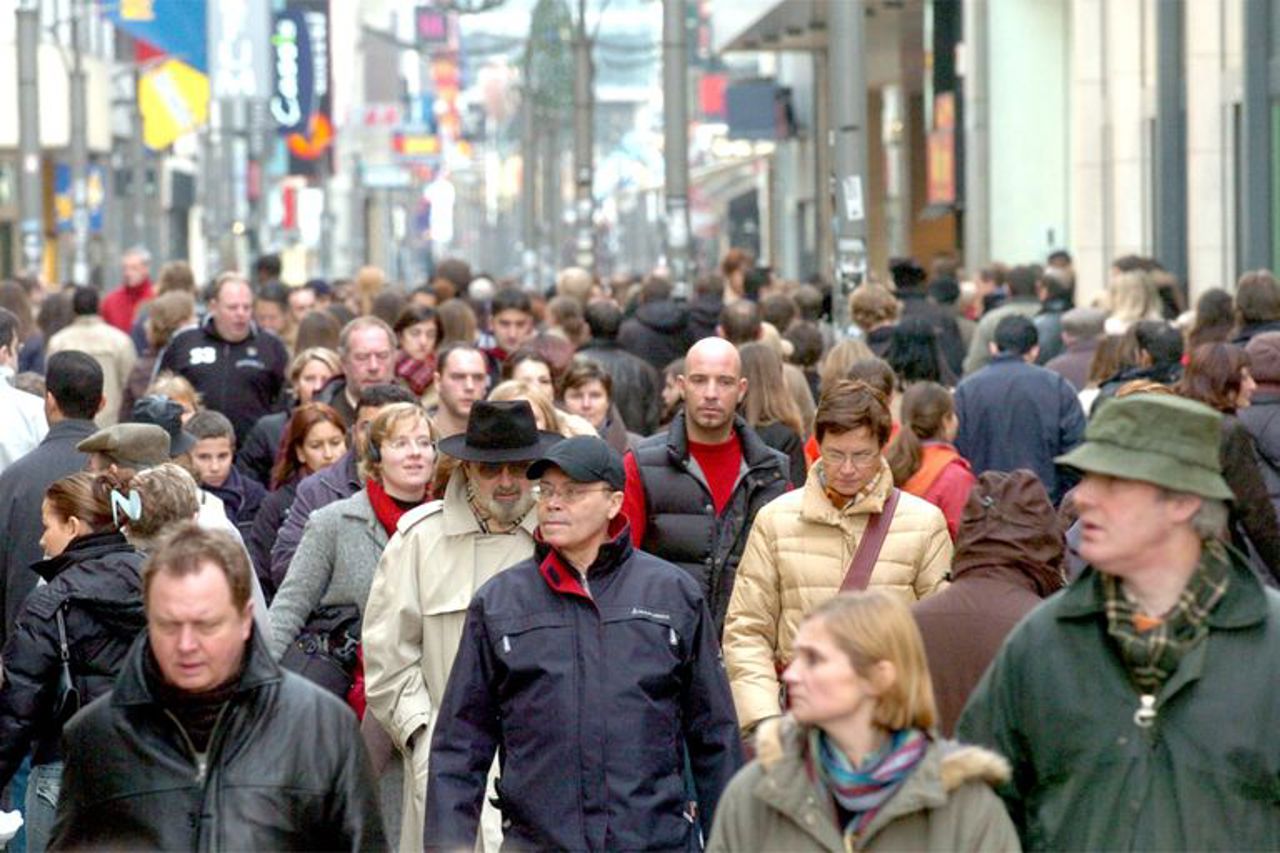
Europe starts the year on uncertain footing, not only due to the instability in Ukraine but also because the Franco-German alliance, a traditional cornerstone of European unity, is showing signs of fatigue. In France, the new government appointed by Macron is tenuous and may not survive until spring. Similarly, in Germany, the parliament has been dissolved, and early national elections are scheduled for February.
The collapse of Olaf Scholz’s governing coalition could allow Friedrich Merz’s Christian Democrats (CDU) to take power and implement tough economic reforms. However, a series of tectonic political shifts—including Trump’s anticipated presidency, growing political fragmentation, and the rising popularity of extremist populist parties—could dash hopes for reform and plunge both Europe’s largest economy and the continent itself into even greater uncertainty by 2025.
Last Monday, Berlin warned Elon Musk against interfering in February’s upcoming national elections, as the American billionaire’s public support for Alternative for Germany (AfD) continues to send shockwaves through German politics. Over the weekend, Musk described the far-right German party as the nation’s “final glimmer of hope” in an opinion piece published in Welt am Sonntag.
“Indeed, Elon Musk is attempting to influence the federal elections,” a German government spokesperson said. Similarly, Vice Chancellor Robert Habeck, in his New Year’s address, accused Musk of systematically supporting political actors who undermine Europe’s ability to enforce regulations. Musk, however, swiftly responded on his platform X (formerly Twitter): “AfD will achieve an epic victory!”
Across Europe, elections and changes fraught with uncertainty are on the horizon. On January 12, Croatians will return to the polls for the second round of the presidential election. Incumbent President Zoran Milanović is expected to win after energising much of Croatian society with a mix of leftist tendencies and divisive populist rhetoric, including hostility toward both NATO and the EU—an unusual stance for traditionally stable Croatia.
While the president’s influence in Croatia is limited, Milanović’s success signals that his Eurosceptic positions resonate with many voters—a troubling trend in a country that has, until now, shown less hostility toward the EU, NATO, and other Western institutions than its Central and Eastern European neighbours.
Similarly, Belgium, home to EU and NATO institutions, remains without a government following last spring’s elections. Romania, like Croatia and other fragile nations, awaits presidential elections now set for March—a significant test to determine whether it will lean East or West.
Moreover, 2025 is increasingly mentioned as the likely year for the war in Ukraine to end, though the key question remains: under what conditions?
Author: Dan Alexe
Translation by Iurie Tataru
